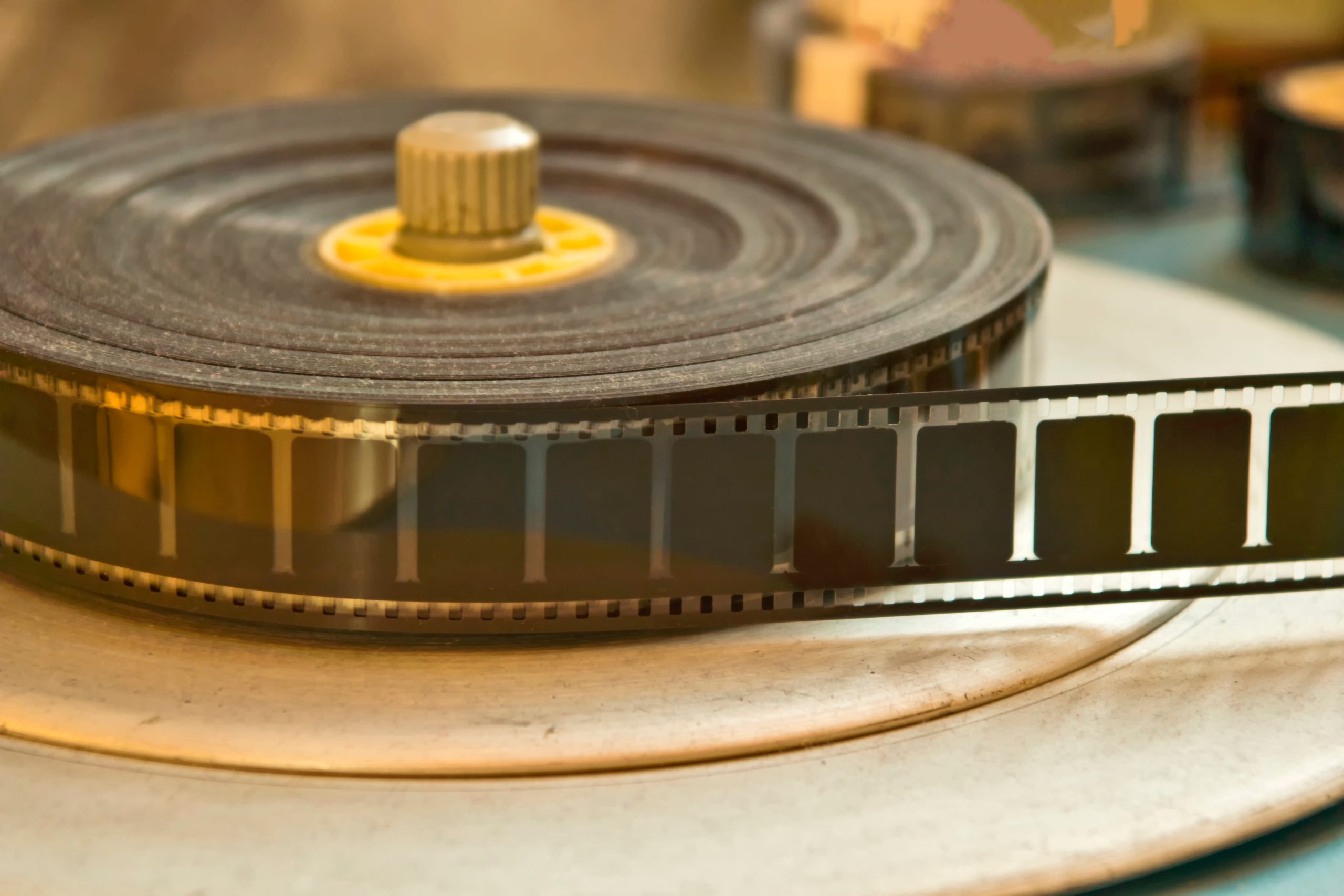
Copyright mortgages fall under the umbrella of debt financing, which involves borrowing money to finance the production of a film. Essentially, a copyright mortgage is a financial arrangement where the owner of a copyright uses the copyright itself as collateral to secure a loan. This means that the rights to a copyrighted work, such as a screenplay, film, or soundtrack, are pledged as security for borrowing money from an investor. Similarly to how one might use real estate as collateral for a property mortgage loan, filmmakers can leverage the ownership of their intellectual property assets in exchange for funds to support film production.
In a copyright mortgage agreement, the owner of the copyright of a creative work enters into a contract with a lender, who is typically a private investor or a financial institution. In exchange for the loan, you agree to repay its principal amount plus interest through installments over a certain period of time, a standard for debt financing. The additional caveat of a copyright mortgage agreement is that in the event you default on the loan, the lender will have the right to take possession of your copyright. Depending on what is in the mortgage agreement, this could mean the lender has the right to fully own the copyright through an assignment from the owner to the lender, or will have the right to collect any royalties from the copyrighted work until the debt is repaid.
Though the idea of risking ownership of your work can be frightening, copyright mortgages offer several advantages to filmmakers. First and foremost, they provide an alternative and plausible source of funding for independent filmmakers who may not have access to traditional financing options such as bank loans or equity investors. A copyright mortgage provides a heightened sense of legitimacy to a proposed debt financing arrangement, making the lender much more inclined to financially contribute to the project if ownership of the copyright is partially at stake. Additionally, copyright mortgages allow filmmakers to retain full creative control over their projects throughout production, since they usually do not grant the investor any kind of ownership or control over the project – as long as you do not default.
It is also essential to weigh the risks associated with copyright mortgages. Depending on the deal you signed, you may jeopardize your ownership of the copyrighted work to the lender if the film fails to generate sufficient revenue to repay the loan. This means that you could lose control over the ability to distribute, license, and derive income from the creative work in the future. Navigating the legal complexities of these agreements, especially agreements involving the acquisition or transfer of intellectual property rights, requires careful attention and the assistance of an experienced entertainment attorney.
Copyright mortgages represent an alternative form of debt financing that can provide you with the capital needed to produce your film. By leveraging your intellectual property assets, you can access funding without sacrificing ownership or creative control over your projects—as long as you are certain you will be able to repay the loan. Whenever you make financial decisions for your projects, always weigh all the positive and negative possibilities of a copyright mortgage carefully and seek professional guidance from an entertainment attorney to ensure that you do not give away unnecessary rights in your projects.